Other Opportunities
Additional Community Science Opportunities
Seatuck and our partners at Long Island Sound Study, New York Sea Grant, South Shore Estuary Reserve, and Peconic Estuary Partnership would like to announce an exciting new educational monthly webinar series titled, Community Science LI.
Community science opportunities that will be covered during this monthly series include:
- Otter Watch
- River Herring Survey
- Batmap LI
- Horseshoe Crab Monitoring
- Unified Water Study
- Terrapin Watch
- Coyote Tracker
In addition to our major community science projects, the following are additional ways for people to get involved in gathering important wildlife data on Long Island:
Horseshoe Crab Survey
For more than a decade Seatuck has been conducting the annual NYSDEC Horseshoe Crab Survey at Captree State Park. The survey, which is run by Cornell Cooperative Extension of Suffolk County, collects data about horseshoe crab populations at sites across Long Island. Members of the community are welcome to assist Seatuck staff with the surveys, which take place on the new and full moons during May and June. Volunteers assist with counting and tagging the crabs and recording data. Registration is required – watch the event calendar for survey dates starting in early May.
Bird Surveys
There are several annual opportunities to join Seatuck in collecting bird data:
- Captree Christmas Bird Count – The Christmas Bird Count (CBC) is the largest and longest-running community science project on the planet. Seatuck board and staff members participate in the Captree CBC (which covers most of Western Suffolk County), usually covering the Scully Estate and the Seatuck National Wildlife Refuge. Volunteers are welcome to join us. Contact us at [email protected] or 631-581-6908 in early December for details.
- Winter Waterfowl Survey – Seatuck board, staff and friends participate in the New York State Ornithological Association’s annual Winter Waterfowl Count, during which we survey waterfowl using ponds and embayments along the South Shore from Islip to Babylon. Again, volunteers are welcome to join us. Contact us at [email protected] or 631-581-6908 in early December for details.
- Seatuck Birding Challenge – Seatuck’s annual Long Island Birding Challenge, which is the region’s only island-wide birding event, is not only a fundraiser for the organization, but also an important event for collecting data across the island each fall. The Birding Challenge is held in mid-September. Click here for information about how to participate.
- Project Feeder Watch – Each winter, Seatuck staff participate in the Cornell Lab of Ornithology’s long-running Project Feeder Watch. Volunteers are welcome to join us to assist with the survey. We also generally conduct a training so volunteers can easily participate from home. Watch our program calendar for details.
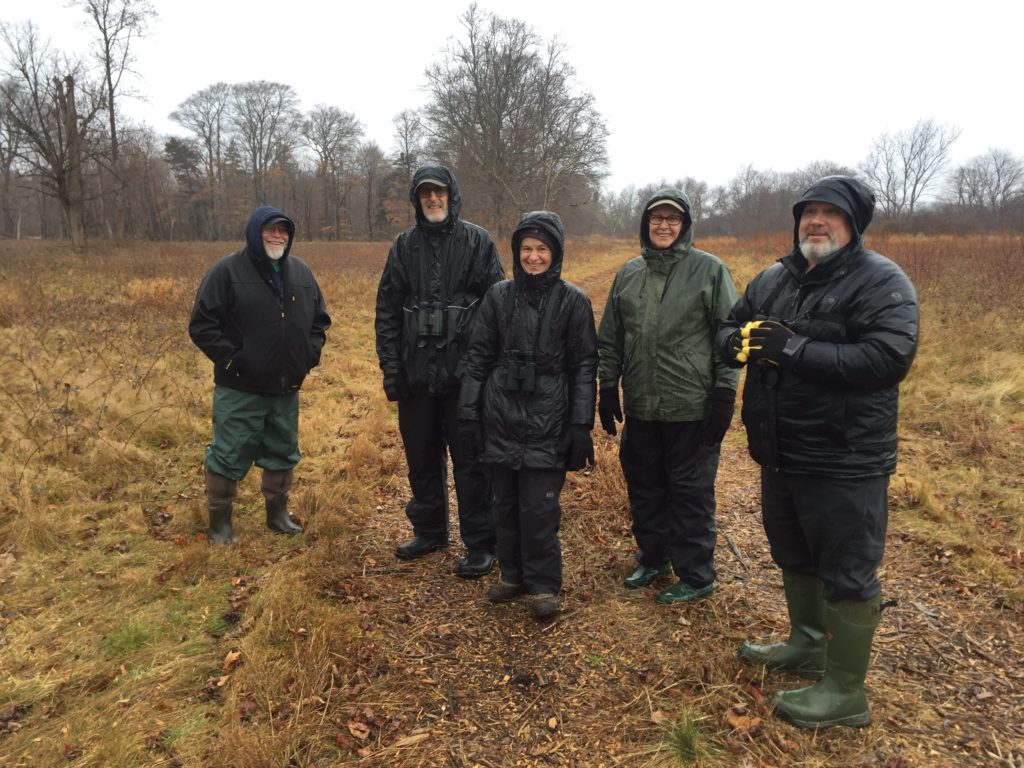
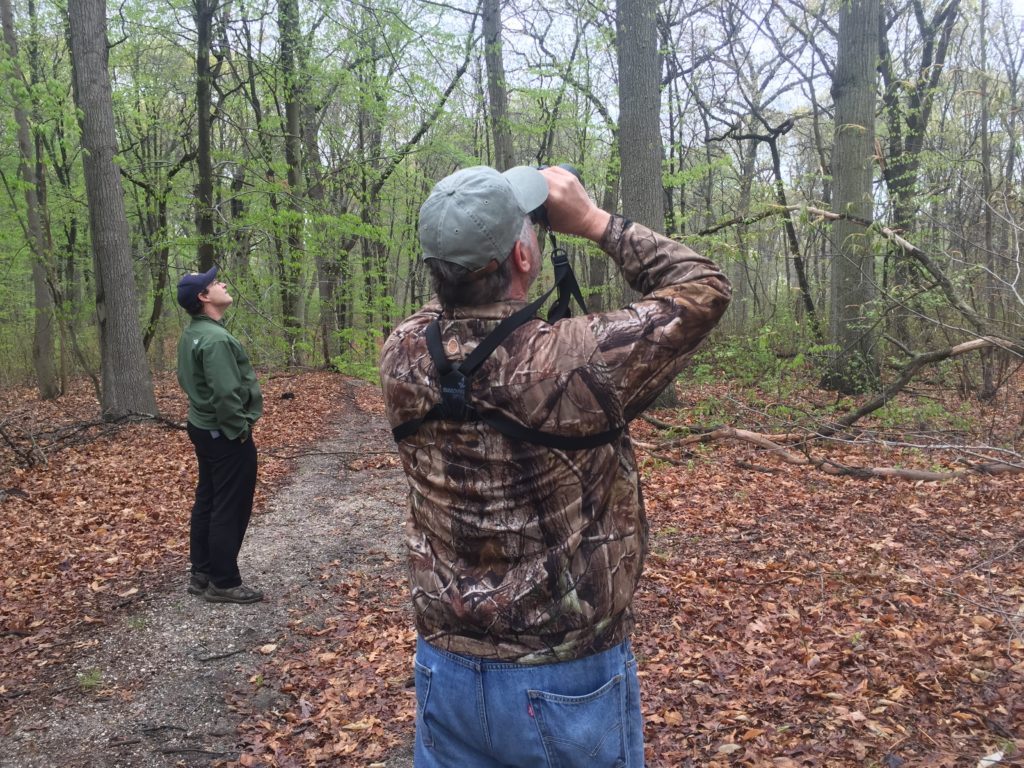
American Chestnut Fieldwork
For more than a decade, Seatuck has been engaged in an effort to keep the stock of Long Island’s American Chestnuts viable until a solution is found for the Chestnut Blight, which has decimated the tree across its range. Seatuck staff pollinate American Chestnut trees in early July and collect nuts in the fall. The nuts are then grown and planted in parks and preserves. Volunteers are always welcome – and needed! Contact us at [email protected] or 631-581-6908 to get involved.
Related Information
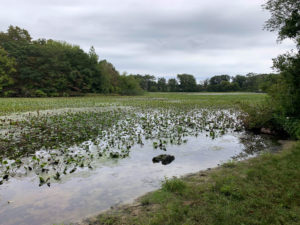
Bellmore Creek
Progress continues on the effort to develop plans for fish passage at the Wantagh Mill Pond. Check here for the latest updates.
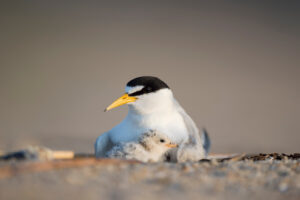
Re-Tern Project
The Re-Tern Project seeks to safeguard and expand nesting sites for terns and other seabirds across Long Island.
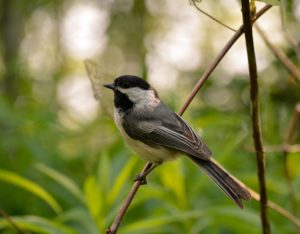
Protecting Birds Copy
In September 2019, in a widely reported article appearing in Science magazine, researchers documented a significant decline in the overall abundance of birds in North America. Studies showed a 29% reduction birds since 1970, totaling approximately 3 billion birds. Some bird groups – such as grassland birds – have declined even more precipitously, dropping by more than half.
